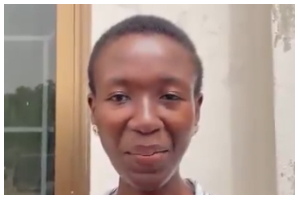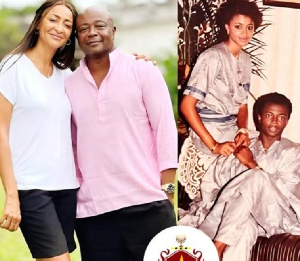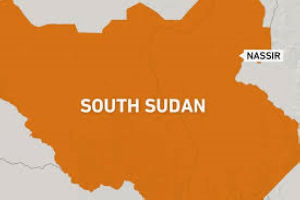
Independent music publisher Peermusic and Ghana-based Kampsite Music have formed a partnership to develop the West African music publishing marketplace and boost the international profile of the region’s music.
As part of the partnership, Kampsite has signed a co-publishing deal with peermusic to exploit the Kampsite catalog outside of the West African market, said Kampsite owner Chief Victor Tieku, former guitarist/bassist with Fela Kuti’s Egypt 80 band and chief of the Ghana village of Ekumfi Takiman.
But before any song exploitation can begin, Kampsite will work with peermusic to help develop the domestic infrastructure needed for composers to collect royalties for use of their works.
“We have to work with Victor to help the composers understand that their work has value and needs to be cared for,” peermusic chairman/CEO Ralph Peer II said. “Kampsite is just beginning to work with the composers in Ghana. There is a rich musical heritage there, but we need to help give it a little order, and hopefully we and they can benefit as part of the deal.”
Peer also noted that CISAC (Confederation Internationale des Societes d’Auteurs et Compositeurs, or the International Confederation of Societies of Authors and Composers) is taking renewed interest in the West African market.
While “every country in Western Africa has had (collection) societies since the 1960s, the problem is collecting from the radio and television station for performance rights,” Tieku said. “If you send them a bill they don’t pay it, because the laws are not in place” to enforce payment.
Consequently, Tieku said, radio stations look at music as collectively owned rather than owned by composers.
Once the concept of performance royalties has been established, the plan is to work with local labels to ensure the payment of royalties.
After this infrastructure is put in place, the composers who peermusic represents internationally will be compensated when their works are used there, Peer said. “Once we get this in Ghana, we will go to all the other musicians in other countries and help them to replicate it in those countries too,” he said.
Peer also plans to promote Kampsite music around the world, including the United States. “The diaspora of Western Africa shouldn’t be treated lightly,” Peer said. “It may not be treated as a music community, but it’s here and growing.”
Tieku’s village of Ekumfi Takiman is an example of that. Only about 1,000 people live there, but Tieku is the chief of the Akan tribe, which has another 16,000 people scattered worldwide.
Peer said he welcomes the challenge of taking West African music beyond its borders to the rest of the world. “Our firm is well known for bringing Latin music to the rest of the world … as early as the 1930s and 1940s,” he said.
“African music is the root of most Western music, and we know that people like to go see it on the live stage,” Tieku said.
Tieku said he is interested in cultivating hybrid musical collaborations “so the marketplace can really understand African music,” citing as an example Paul Simon’s work with South African musicians on his 1986 album, “Graceland.” As part of that effort, Kampsite, which also is a label and a music recording studio, will set up a Web site, buygoodmusic.com, and sell single-song downloads of African music, letting the musicians set their own prices.
“Ralph Peer is making a point that we here should have the same opportunity as the songwriters have in the West,” Tieku said. “Music is beautiful and comes from everywhere, so it should all be exposed to everybody.












